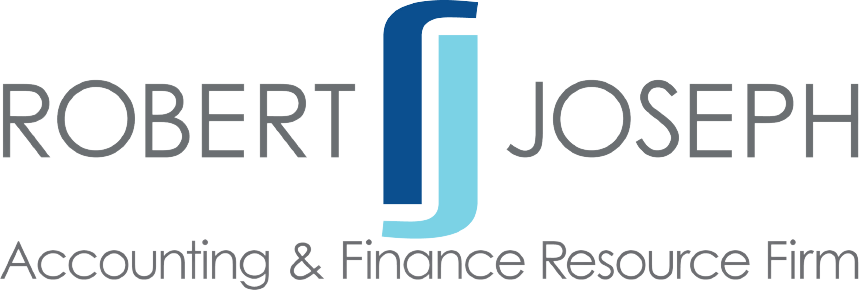What is an Auditor
An audit is the process of verifying financial records for accuracy. An auditor is the professional performing the audit, tracking cash flow and all financial transactions from start to finish, and creating an objective report about their findings. They look for accuracy, efficiency, and for fraud. They report on their findings, offering an analysis and solutions where solutions are due.
Different Types of Auditors
Different types of auditors exist to fill a variety of auditing needs within businesses:
- Internal auditors are typically employees of the organization. They are primarily responsible to management, and their goal is to help the company identify weak points in financial processes, develop strong internal controls, and detect potential fraud. Internal audits may be run multiple times in a year, even monthly. Occasionally, companies hire contractual, independent auditors to run internal audits for housekeeping.
- External auditors are independent certified public accountants. Shareholders appoint external auditors to run the audit, therefore the auditor is responsible to them, not the organization’s management. The purpose of an external audit is verifying the accuracy of financial statements, spotting irregularities, and making sure all funds are accounted for. Annual external audits are legally required of all publicly traded companies.
*Some companies use both internal and external auditing to maintain tight internal controls and fiscal integrity.
- Forensic auditors investigate fraud, extortion, and embezzlement. They are a type of external auditor, working for accounting firms. However, they often work closely with the government and law enforcement.
- Governmental auditors run audits for government agencies, private businesses, and individuals in regards to activities subject to government regulation and taxation.
What do Auditors Do?
The overall process auditors use is generally the same, regardless of the type of audit, the industry, or the company.
Research and Planning
Auditors begin by initiating contact with the client. They lay the groundwork for the audit and collect basic information about the client and their internal processes. Things go much more smoothly when the auditor has a good relationship with the client as well as a clear picture of the company and an overview of their financial processes.
Fieldwork
The real work begins when the auditor dives into the reports and documentation. This includes:
- Questionnaires completed by the client
- Balance sheets
- Cash flow statements
- Profit and loss reports
- Organization charts
The auditor also evaluates internal controls (or the lack thereof), and the reporting process.
Reporting
The auditor reports back to the respective parties regarding their findings. They typically give either an unqualified opinion, a qualified opinion, or an adverse opinion. Sometimes, an auditor has not been provided with the correct documentation or sufficient support from the organization, causing them to issue a disclaimer of opinion. If there are issues or irregularities, the auditor also provides guidance and solutions. The auditor is not held liable if the organization does not follow their suggestions and guidance, nor are they required to catch all instances of inaccuracy. Ultimately, fraud and misrepresentation (intentional or not) is held with the organization’s leadership.
What Skills and Requirements do Auditors Need?
External auditors are required to obtain a CPA certification. Although it is not typically required for internal auditors, it is strongly recommended for career advancement. Skills necessary for auditors are:
- Analytical skills
- Numerical skills
- Organizational skills
- Communication skills
- Attention to detail
No matter where you are in your career journey, The Robert Joseph Group can help you find your next step. With only the highest levels of excellence, we match top-tier talent to top-tier firms. Contact us today, and let’s get started!
